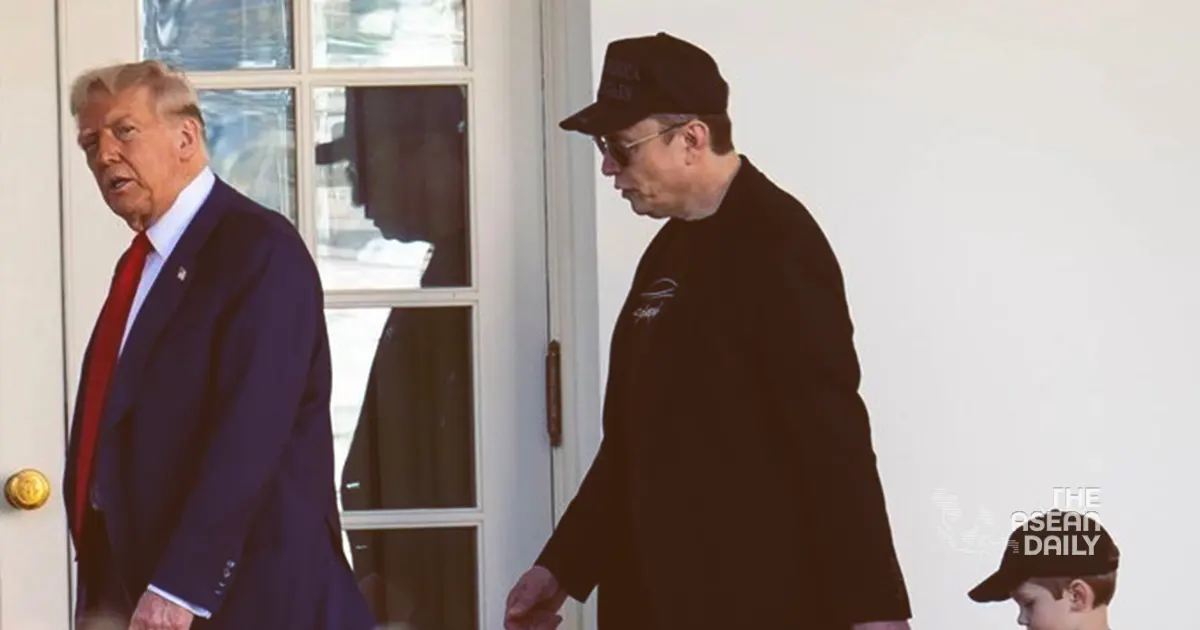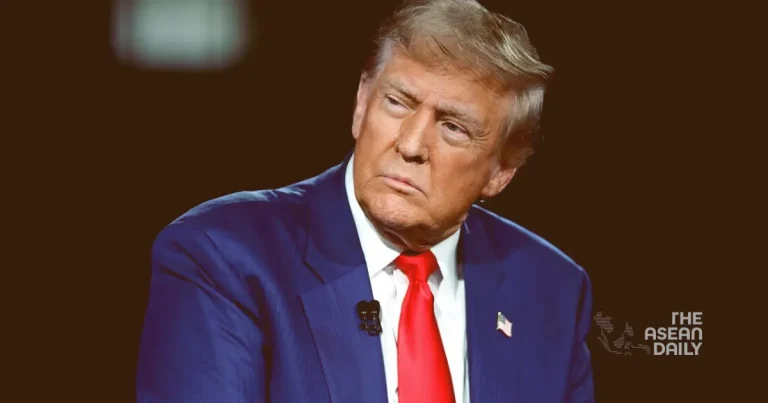27-3-2025 (BANGKOK) United States President Donald Trump signed an executive order on 20 January, effectively halting nearly all foreign aid. For Emilie Palamy Pradichit, founder and executive director of the Bangkok-based Manushya Foundation, the decision struck like a thunderbolt. Her non-governmental organisation, dedicated to championing the rights of local communities and women across Asia, had long depended on the largesse of the US Agency for International Development (USAID). Now, with the financial lifeline severed, the foundation faces a stark reality: critical operations are grinding to a halt, leaving vulnerable activists in peril.
The ripple effects of this policy shift are profound. In Thailand, Malaysia, and beyond, grassroots groups are scrambling to adapt as USAID dismantles a staggering 5,200 of its 6,200 programmes worldwide. US Secretary of State Marco Rubio, writing on the social media platform X, defended the cuts as a necessary purge of spending that fails to align with America’s core interests. Yet, for those on the ground, the consequences are dire. The Manushya Foundation, for instance, has lost US$560,000 earmarked for 2025, forcing it to shutter safe houses and slash staff. “This isn’t just a funding shortfall—it’s a matter of life and death,” Palamy Pradichit warned, her voice heavy with urgency. “Activists we once sheltered could be dead tomorrow.”
Across Southeast Asia, the fallout is palpable. In Indonesia, health initiatives targeting HIV and tuberculosis—now the leading causes of infectious disease deaths globally—hang in limbo, with Jakarta’s ambitious goal to eradicate TB by 2030 under threat. The Philippines, meanwhile, grapples with a rising HIV crisis as LGBTQ rights groups lose vital support. In Vietnam, efforts to aid war victims and clear unexploded ordnance have stalled, potentially straining delicate diplomatic ties with Washington. Even in Thailand, frontline healthcare for the LGBTQ community is faltering, with NGOs like the Service Workers IN Group Foundation warning of heightened HIV risks as services for migrants dwindle.
The numbers tell a broader story. In fiscal year 2024, the US disbursed US$54 billion in aid, making it the world’s top donor. East Asia and Oceania received US$4.1 billion, with USAID managing US$1 billion of that sum. Within Southeast Asia, Myanmar topped the list of USAID recipients at US$237.6 million, followed by Indonesia (US$151.3 million) and Vietnam (US$135.4 million). Thailand, allocated US$20.45 million, now sees small but vital organisations like Manushya reeling as funds dry up. “The world of development assistance in this region has collapsed around us,” lamented Phil Robertson of Asia Human Rights and Labor Advocates at a recent Bangkok panel.

Trump’s directive aligns with the controversial Department of Government Efficiency (DOGE), spearheaded by billionaire Elon Musk, a key presidential confidant. DOGE’s push to gut USAID sparked a legal rebuke on 19 March, when a US federal judge ruled the agency’s closure likely breached constitutional norms, ordering partial reinstatement. Yet, amid ongoing courtroom tussles, USAID staff have abandoned overseas posts, leaving partners in disarray. In Malaysia, the North South Initiative, a migrant rights group, lost 40% of its core funding, threatening shelters for workers pursuing legal claims. “These are painful decisions,” said executive director Adrian Pereira, “and vulnerable communities will bear the brunt.”
The cuts have also exposed fault lines in global aid dynamics. Experts argue the system, long dominated by UN bodies and large NGOs, must reform to better serve smaller, local groups. “Too much is wasted before it reaches the grassroots,” noted Rosalia Sciortino of SEA Junction. Some see a silver lining in the chaos: Indonesia, for one, insists its state budget can sustain development, viewing foreign aid as a mere supplement. Others, however, fear a power vacuum. China, eyeing strategic gains, is stepping in—funding de-mining in Cambodia and eyeing health and education projects across Southeast Asia’s poorest corners.
For now, the mood among affected NGOs is one of dismay and resilience. In Thailand, media outlet The Irrawaddy, run by Burmese exiles, faces staff cuts, while conservationists in Malaysia scramble to crowdfund wildlife protection efforts. “We must innovate,” Palamy Pradichit insisted, her resolve unshaken. “Our goal isn’t to grow, but to focus on what we do best and survive.” As the dust settles, one truth emerges: the abrupt retreat of American aid has left a void—both a crisis and a call to rethink how the world supports its most vulnerable.




